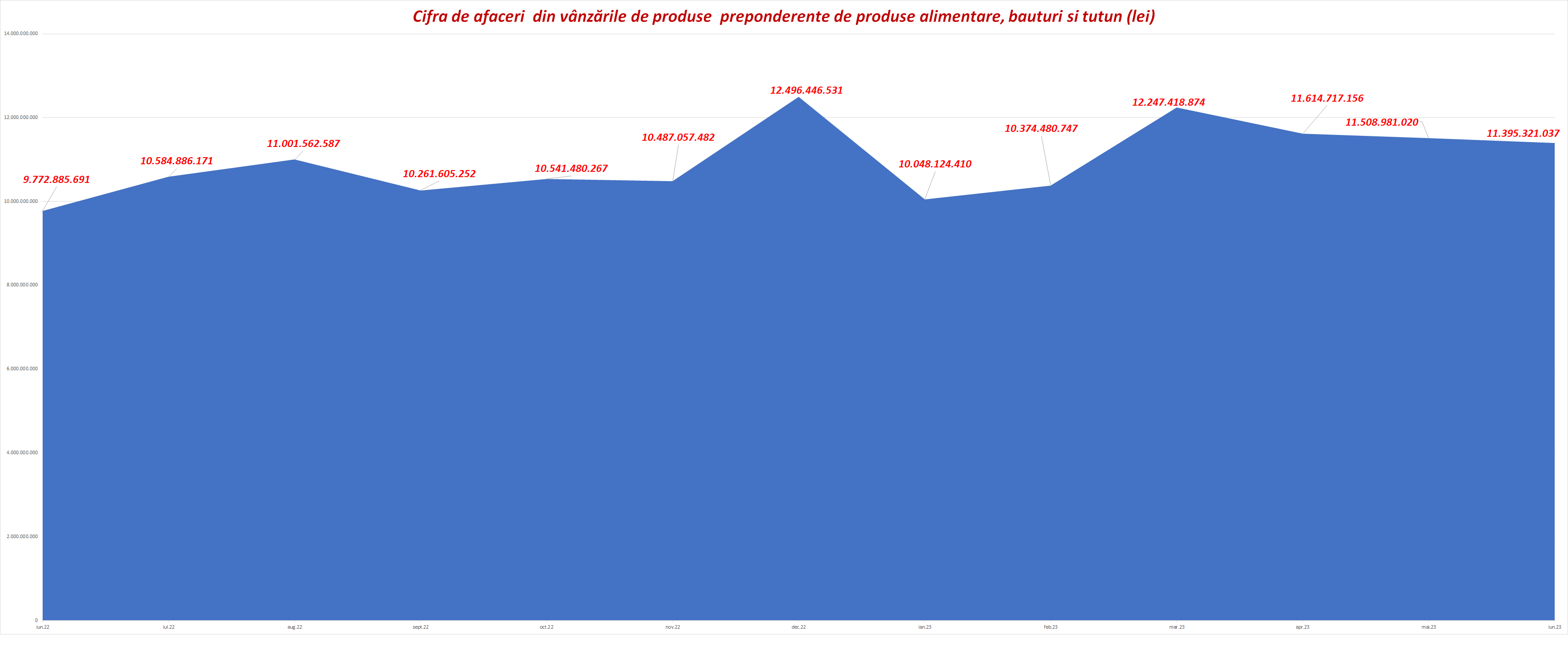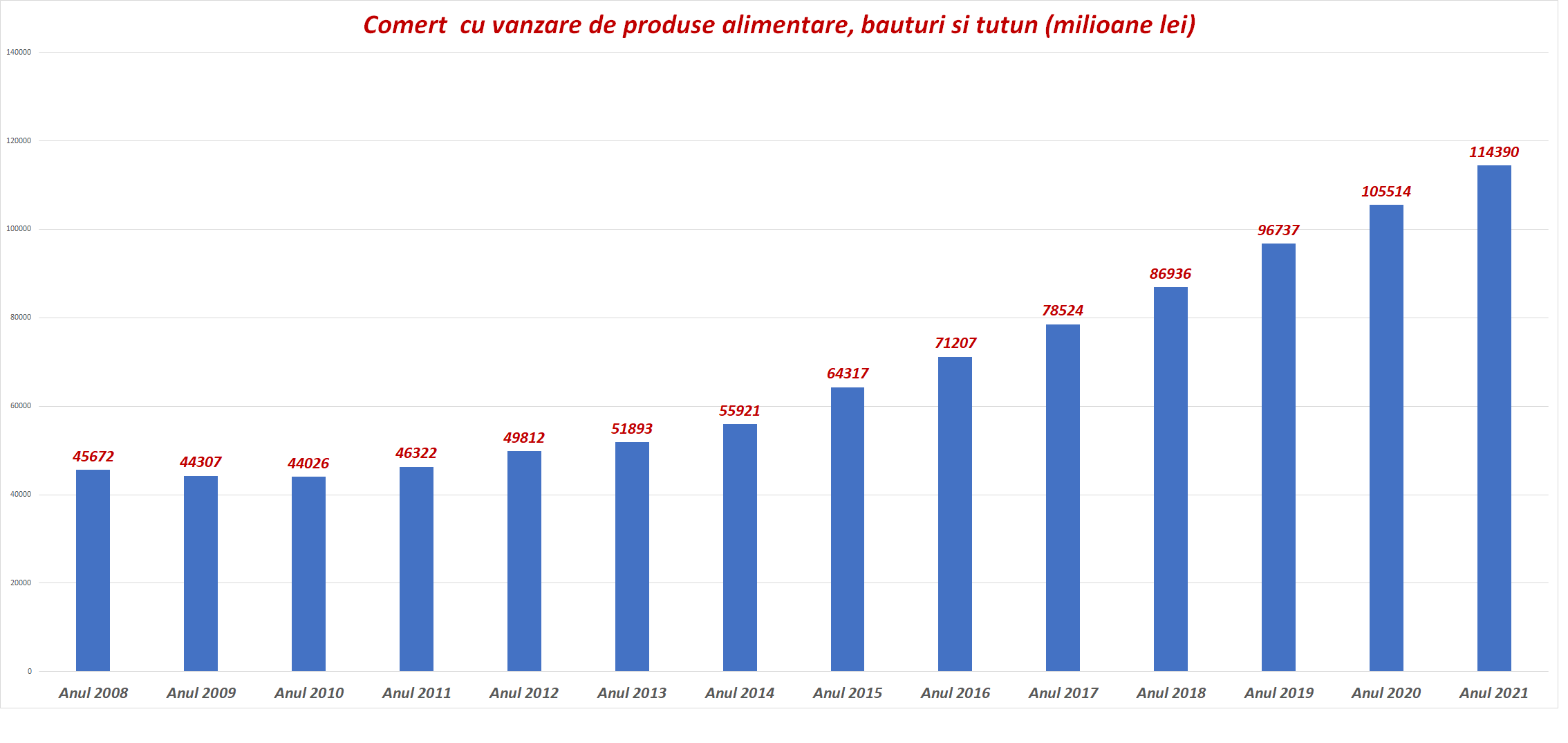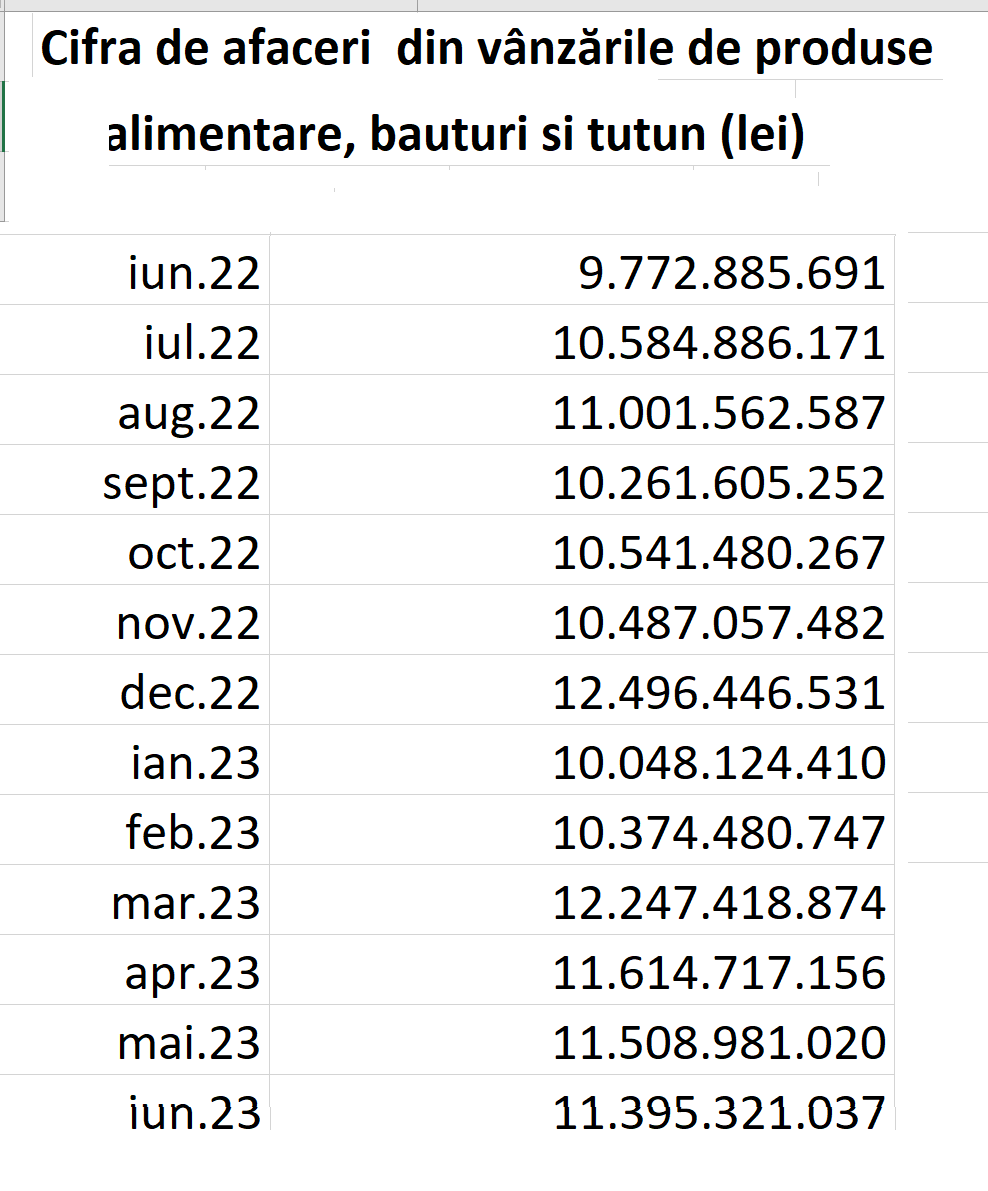
For several months, Mariuka Petrescu no longer shops in large stores, as she used to do, but prefers to visit a discounter, where the products on the list are much cheaper.
Like her, many other Romanians are likely to be, as food sales decrease almost every month. According to statistics requested by HotNews, traders collected more than 113 billion lei less in June than in May 2023, after a decrease of more than 100 billion in May.

In any case, Meriuka says, I no longer go around like I used to at the end of the week and fill my cart with amazing food, thinking that maybe I’ll want something and have it at home. I am much more sensitive about the money I take out of my pocket. Or, no!, from the card, she says with a smile.
Mariuka is not a poor person. She has a slightly above average salary, works in a private company, is married and is the mother of a 9-year-old girl.
But high inflation turned his budget upside down.
After Iserescu raised interest rates and her bank rate doubled, Maryuka now pays attention to every lei. “There are stores that offer deals after a certain time or on the weekend, and I look for them. It’s like a second job for me, because otherwise we run out of money before the next paycheck, she adds.
On the other hand, merchants complain that sales revenue is not what it used to be. March 2023 saw the peak of food sales in the first half of the year – around 12.5 billion lei – but that was because people were shopping around Easter (which was in April). Also, about 12.5 billion lei represented the consumption of food, drinks and cigarettes last December, but the month of December (the “month of gifts”) is traditionally an exceptional month for retailers.

It must be said that the sums that INS sent to HotNews are symbolic. If we exclude the effect of inflation, we get much more serious results about the dynamics of consumption (the main engine of the plane, called GDP)
According to an INS survey released Wednesday, retail managers say food, beverages and tobacco will see the biggest price increases over the next 3 months.
This correction in sales followed a multi-year period in which low interest rates and rising house prices led to a significant increase in access to credit, and families increased their spending and borrowed to stay as comfortable as possible. Hello.
But the war in Ukraine, rising energy prices and supply difficulties put an end to this revelry, making it difficult to pay “social security” bills.
The combination of cheap money and more affordable products has led to steady growth in retail sales over the years.
But the party is almost over, and Mariuca Petrescu can now cut almost half of the list she was shopping with before the pandemic.
Some say that retailers are also to blame because they don’t easily accept reduced profits. It’s called greed inflation, and that’s what Iserescu says in the inflation report. “The disinflationary base effect and the decline in agricultural food prices fully offset the opposing effects that continued to flow in the first quarter from the gradual pass-through of rising material and wage costs to consumer prices, as well as from the preservation of the profit margin. “, the Inflation Report says
Sales of food, beverages and tobacco in the period June 2022-June 2023 (source: INS):

Source: Hot News
Ashley Bailey is a talented author and journalist known for her writing on trending topics. Currently working at 247 news reel, she brings readers fresh perspectives on current issues. With her well-researched and thought-provoking articles, she captures the zeitgeist and stays ahead of the latest trends. Ashley’s writing is a must-read for anyone interested in staying up-to-date with the latest developments.